Class Warfare and Status Quo
With Trump and the plutocrats now running the country, it’s easy to forget the struggle of the Occupy Wall Street demonstrations of the Obama early years, but those forces are still at work in our society. The Urban Dictionary defines class warfare as
conflicts between economic classes, when a new, growing class comes into conflict with an established upper class.
The working class poor—people of color, females, immigrants, and those of non-traditional roles—want more income, wealth, and status while those in power want to retain their income, wealth, and status. The ingredients for the struggle exist and are engaged.
Class Warfare
Both sides hurl the term “class warfare” at each other. After that alarm is sounded, neither side listens to the other’s argument. Positions harden. Contradictory claims are left unexamined. Let’s not forget, to do nothing is still a decision—continue the current status quo.
Perhaps you think only one side claims class warfare, so let me give two examples, one for each side.
Have-Nots (The Poor, The Upcoming, and the Struggling)
People who support the voices of the have-nots use the term too. Jared Bernstein in the Washington Post during the 2017 tax bill published an article titled, “Republican class warfare at its most egregious.” Despite agreeing with the substance of his article, labeling it class warfare meant that Democrat loyalists would lap it up and Republican loyalists would disregard it.
Haves (The Establishment)
The term class warfare has a jujitsu aspect when used by the establishment. Here is Ari Fleischer in 2007, turns an argument about helping the poor into an assault on the status quo :
“The President does not believe in dividing the American people and playing class warfare.”
His message: The haves should worry about losing their position, not the soundness (or unsoundness) of helping the poor.
Perspectives
The have-nots see the haves as taking too much because of their position, while the haves see the have-nots as wanting too much without earning it.
Is it class warfare to ask for a fair shake?
Are all changes to the status quo subject to charges of class warfare? Likely, yes. Any suggested changes will cost those benefiting from the status quo their advantages. For instance, the call for an increase in the minimum wage could decrease the net income of some owners and some companies.
Since I wrote the prior paragraph, I have read John Steele Gordon’s An Empire of Wealth. Let me quote his insightful answer on a political difficulty with changing the status quo.
People with an economic advantage, however “unfair” that advantage may be, will always fight politically as hard as they can to maintain it. … And because the advantage of the few is specific and considerable, while the cost to the disadvantaged many is often hidden and small, the few regularly prevail over the many in such political contents.
Status Quo
We must recognize that legitimate cries of class warfare can usually be made from both sides of economic arguments. That is in the nature of economic change, regardless of the change. There will be winners and losers.
Still, those concerns, although real, cannot be a final deciding point.
Must we resist all proposals that affect the status quo? No, the current status quo is the result of battles in the past about distribution of wealth between classes. Why must those prior decisions, made in different times and different situations, be immune to analysis and correction now?
Changes are Inevitable
We must dig beyond the term “class warfare” into the conflicting points of view, searching for root causes. They are hidden by the opposition couching them in black-or-white statements which are as easy to refute as they are false to the opposition’s perspective.
For instance, does the have-nots cry of equal opportunity for all, mean they want everyone to earn the exact same amount no matter their effort? No, it doesn’t.
On the other hand, do the haves believe the poor want to stay poor? No, they want them to work harder and that’s the way to earn more.
We can’t let inflammatory words derail thought. Change is always coming from demographic, from technological, and from international forces. Change can only be ignored to our detriment, as it diminished our ability to adjust to new situations.
Change must be dealt with by liberal change or the system will eventually fail. If unrest and riots are quelled without adjustments in societal and economic reality, they will reoccur—like earthquakes which always has us wondering, “Is this the big one?”
Image of class warfare: 1911 Industrial Workers of the World publication. Public domain.
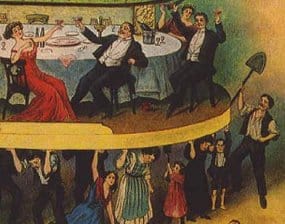

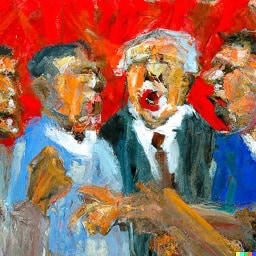
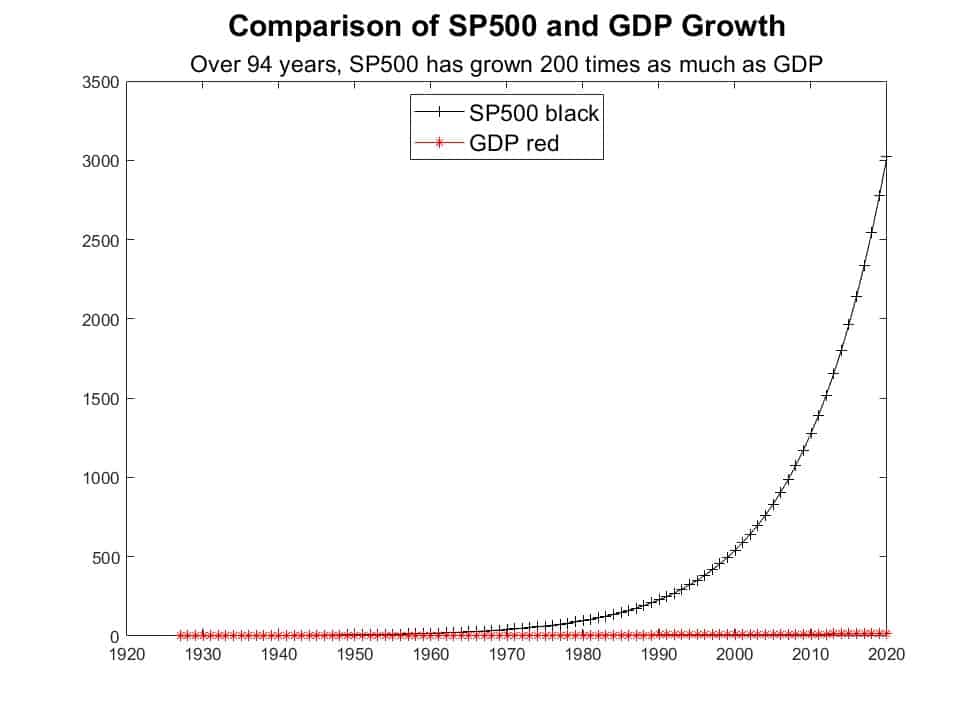
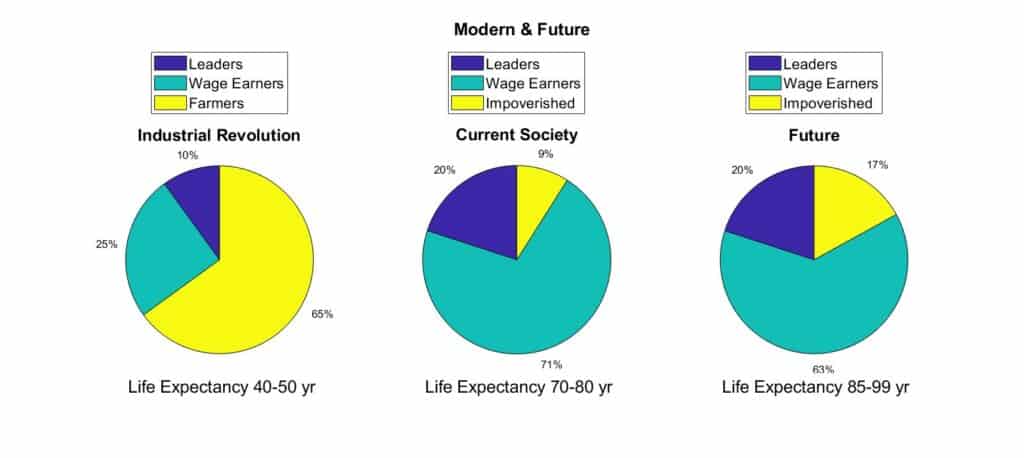
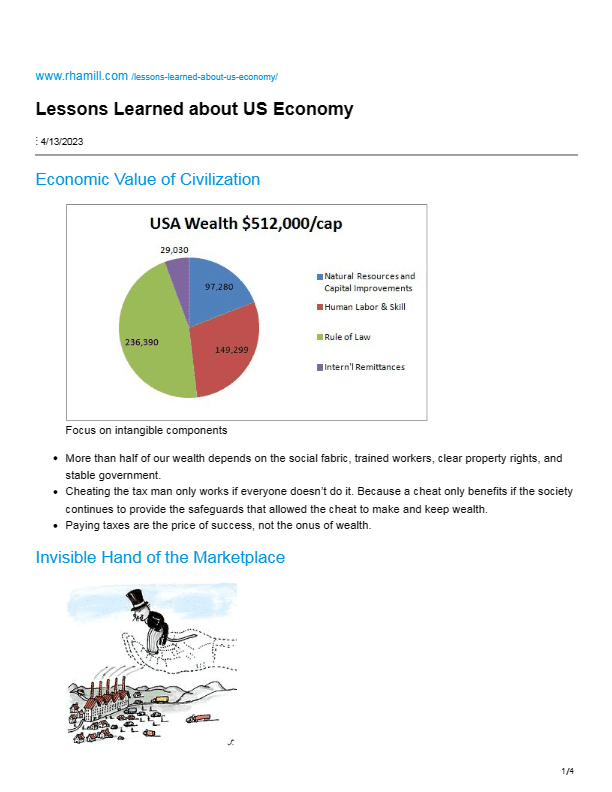
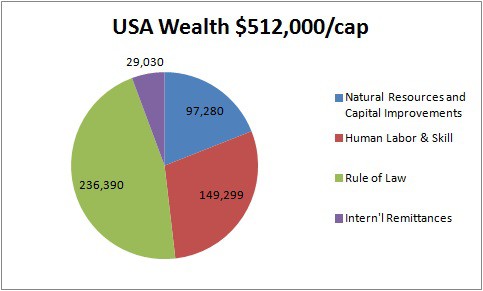
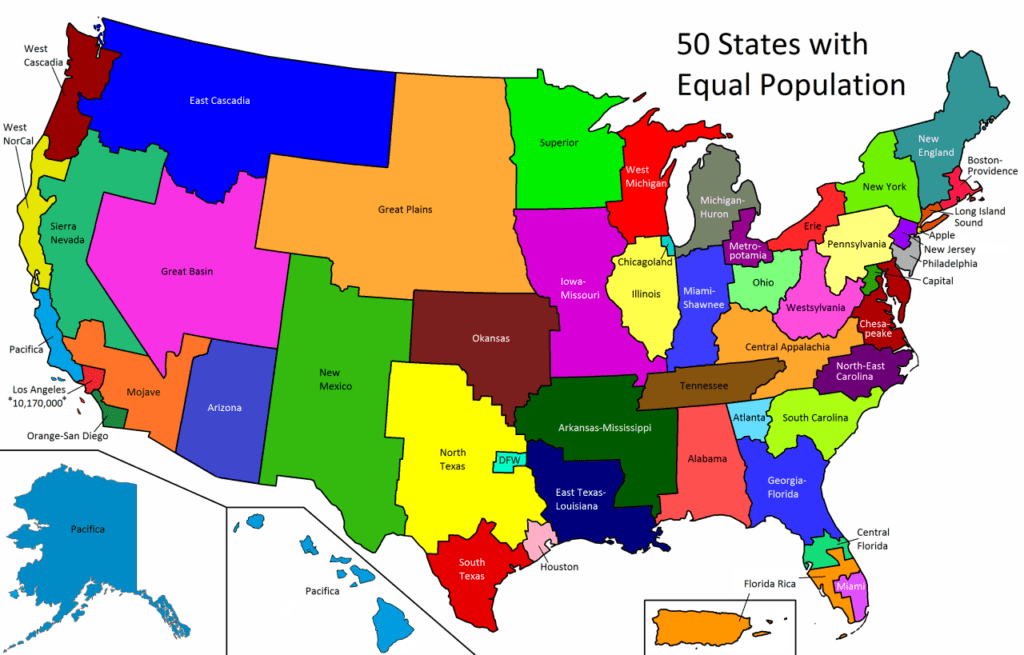


1 thought on “Class Warfare and Status Quo”